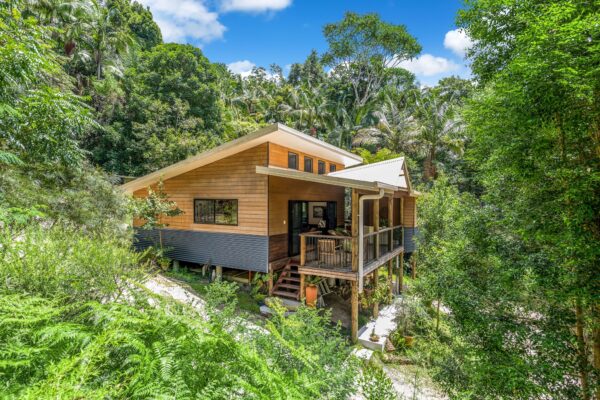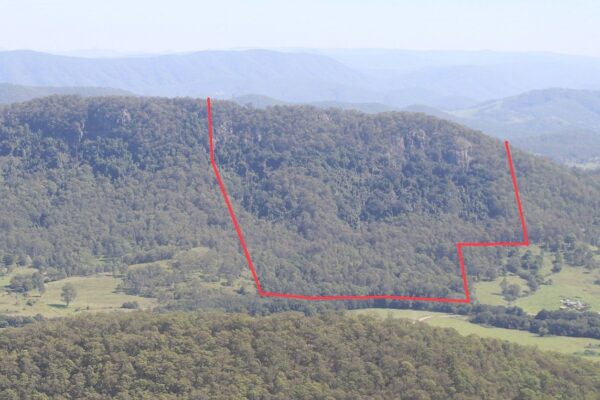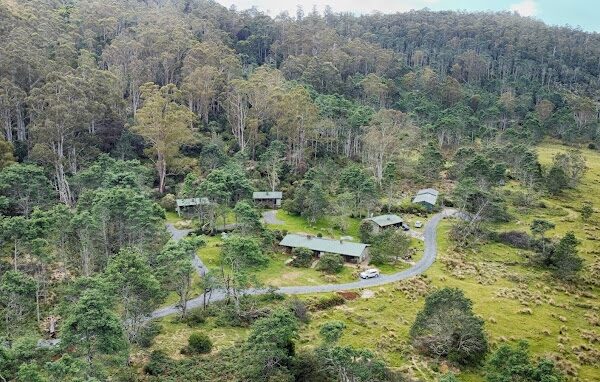We have had many discussions in our offices about The Voice Referendum and if we wanted to say anything publicly.
After careful consideration we have decided to share our views:
- We see it is a social issue, not a political issue. It is all about what sort of nation we want to be, and what we want for all Australians. We want to be proud of our country, both here, and internationally.
- It is about recognition and respect. Aboriginal leaders and communities were asked to work out what they want. They have spent decades doing that and through the Uluru Statement requested a Voice to Parliament.
- This is not the only solution to improving the lives of Aboriginals. It is an important one as it will mean they are listened to about the solutions.
- It is advisory. Parliament will then decide the structure and any legislation required. In other words, our democratic representatives will decide on our behalf.
- We never know the details of organisations and systems. We rely on our parliamentary representatives to do this for us. Think about the GST, NDIS, the Mining Tax as examples. We never knew all the details of these before they were established.
- The Aboriginals who are in parliament today represent their electorate, or their State. They cannot and do not speak for the whole community. Their job is to represent the people that directly elected them based on where they live.
- Never in democracies do we all agree (and it is better than we don’t). Of course, some Aboriginal leaders and communities do not agree with the Referendum or the Voice.
- We are so tired of our politicians not having unity over critical issues. We need major reform in taxation, in water, in addressing the climate emergency, in housing, in Aboriginal affairs. The Voice is not a political decision. Politicians are using it (and us) for their own political motives by fear-mongering and divisiveness. We want them to provide leadership and make significant improvements for us all through joint, non-partisan decision making and solutions.
9.Establishing The Voice will create harmony and unity in Australia. It will ensure that no longer can political leaders be destructive as they have in the past. The 3 attempts over the last 50 years to set up an Advisory Board to Federal Government have failed. A Voice will ensure they are listened to and can lead to self-determination so that things like housing, health, education, criminal rates are the same for the whole Australian population. - Aboriginals deserve recognition. They are some of the most tolerant, accepting inspirational people we have ever met. All of our work with them in property and real estate over 25 years has shown how much they contribute to Australia, how they can help the rest of us live on this land, how much they make Australia a better place.
- We are in the No world now and it has not been working. Let’s enable better decisions, get better results, deliver better value for money.
- Our international standing and reputation needs to be restored and providing recognition of the first Australians in our Constitution is one outstanding step that we can take.
Let’s accept the invitation of our Aboriginal leaders and communities to make ours a better, united Australia.
We have decided that we will all be voting Yes.






